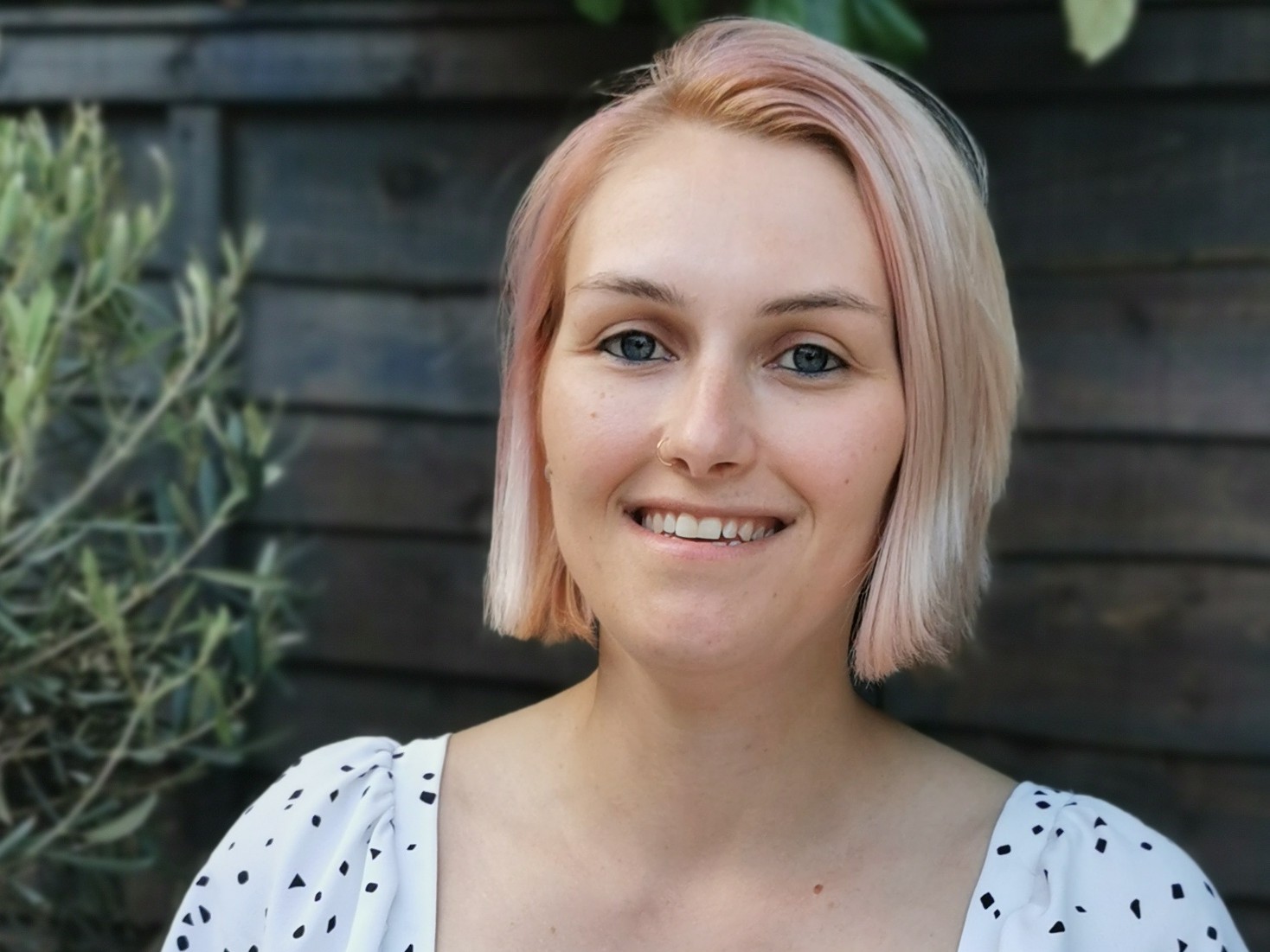Shona Reid, 34, is a PhD student with the Natural Resources Institute, University of Greenwich, as part of the prestigious UK Food Systems Centre for Doctoral Training. Before pursuing her doctoral studies, Shona earned a First Class Honours degree in Human Nutrition and a distinction on a Masters in Food Innovation.
Shona credits the support she has received from STAART at the University of Greenwich as one of the main reasons she has been able to continue her university journey.
Here, Shona tells the story of her journey to and through university in her own words.
“I started my journey to university at the age of 28. I’d done GCSEs but hadn’t done very well at school and left at 16. I attempted to go to college twice. The first time, I left the course after a month. Then I tried A-Levels, which lasted three months, and then I started an apprenticeship in Business Administration and became a Letting Agent.
“I was in the property industry for several years but was quite unhappy in my job and felt it lacked purpose. I wanted to do something that I enjoyed, but to do that, I needed a university degree, so it seemed like a good time to go back to something I always wanted to do.
“To be honest, I struggled at school. The major thing that held me back was my processing, and my reading and writing in particular. I’ve known I had dyslexia since I was 12, but I only had an ADHD screening recently. I always felt more of a creative kid. My head was not in the room most of the time. I always did well with grades in general because I put the work in, but it was a big effort for me in many subjects.
“Once I decided to apply to university, I was quite excited about going. I didn’t know about the foundation year, so I was working full-time and then trying to self-teach A Levels in my spare time to get the qualifications I needed. Then someone told me about the foundation year, and eventually, I did the 4-year degree, including the foundation. It was starting all over again in many respects, but I didn’t ever find it daunting; I was looking forward to challenging myself.
“One of the lecturers on the course was fantastic. I told her I had dyslexia. In my experience at school, I had no support, so I didn’t expect it to be there at university. She encouraged me to approach the wellbeing team and gave me loads of advice. The team was fantastic and stepped in to get support in place. I was given coloured overlays for reading and have been fortunate to receive fantastic 1-2-1 support, which has helped me progress with my writing. I was amazed at how much things have changed since I was at school.
“I doubted myself because of my dyslexia. I felt like a total imposter, so I struggled with self-belief. However, I did really well in the undergrad and knew I wanted to do a Masters. I chose a Masters in Food Innovation which led me to what I am doing today. I got a distinction on my Masters and have gone with the flow since then, and opportunities have snowballed.
“I would say to any other students, if you have had a diagnosis previously, or even if you think you have something, go and find out and get the available help. As a mature student, I’ve learned my own ways to cope, but it’s not just about getting by – it’s about excelling.
“I truly believe I wouldn’t have achieved what I have without the support I received from STAART. For me, the key has been finding that support network. Connecting with other disabled and dyslexic students through STAART has given me a sense of belonging.
“I can’t stress enough how crucial their support has been in shaping my journey. I owe a lot to Melanie Thorley; without her, I wouldn’t be where I am today. STAART isn’t just for Greenwich students – it’s open to anyone 16 and over, including college students. It’s incredibly important. Many students arrive at university unaware of the support available to them.”
Shona is an ambassador for STAART, the University of Greenwich’s disability and diversity-focused initiative. For more information, see the STAART section on the University of Greenwich website.
If you have a disability or long-term health condition and would like more support and advice about applying to Higher Education, visit our Disabled Students section.
If you are a SEND education professional, sign up for our SEND Progression Partnership newsletter on our SEND PP page.

